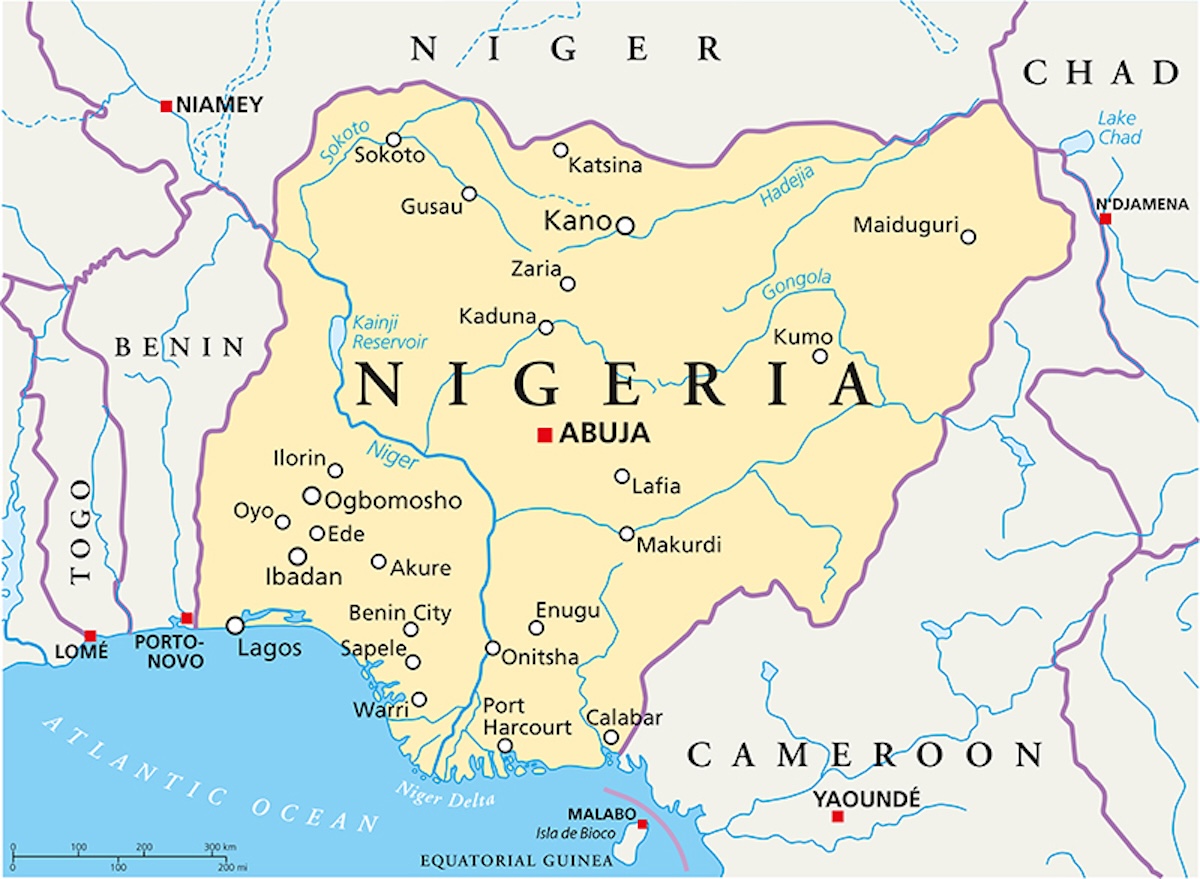Political Tensions in Madhesh Province
In a significant development in the Madhesh Provincial Assembly, Speaker Babita Kumari Raut has overturned the decision made by Speaker Ramchandra Mandal to dismiss five assembly members. This move has sparked renewed political tension and debate within the province.
Speaker Mandal had previously stripped five lawmakers of their positions, citing their absence from 10 consecutive assembly meetings. The affected members included Urmila Devi Singh from the Nagarik Unmukti Party, and Manish Kumar Suman, Sanjay Kumar Yadav, Singhason Sah Kalwar, and Sharada Shankar Prasad Kalwar from the Janata Samajbadi Party (JSP) Nepal. The action was taken after the lawmakers filed a motion for “conduct unbecoming of office” against Mandal earlier in the week.
Raut’s decision came after reviewing video and photo evidence that demonstrated the participation of the dismissed members in deliberations during a confidence vote. This evidence played a crucial role in her ruling that the dismissals were invalid.
Coalition Disputes and Allegations of Misconduct
Seven political parties, representing a total of 74 assembly members, have filed a joint motion against Speaker Mandal, accusing him of failing to maintain proper conduct. These parties include the Nepali Congress, Janata Samajbadi Party (JSP) Nepal, Janamat Party, CPN (Maoist Centre), Loktantrik Samajbadi Party (LSP), CPN (Unified Socialist), and the Nagarik Unmukti Party.
The motion accuses Mandal of running the assembly on the instructions of one particular party and of sidelining opposition lawmakers. It also claims that he has barred assembly party leaders from using the rostrum and has defied the decisions of the Business Advisory Committee.
Mandal, who was elected as a CPN-UML candidate, has faced criticism for alleged procedural bias and for allowing assembly sessions to proceed without adequate representation from the opposition.
Appointment of New Chief Minister Sparks Protests
Tensions escalated further in Madhesh Province when the then Madhesh Province Head, Sumitra Subedi Bhandari, left Janakpur for Kathmandu at 4 am on Monday, citing health reasons. She appointed Saroj Kumar Yadav, a CPN-UML leader, as the new chief minister of Madhesh. Yadav took his oath of office and secrecy in a hotel in Bardibas.
The appointment of Yadav under Article 168(3) bypassed the coalition negotiations outlined in Article 168(2), leading to widespread protests from the seven parties involved. They argue that the process was unconstitutional and undemocratic.
Separate writ petitions have been filed at the Supreme Court, challenging the legality of the appointment. The situation highlights the deepening political divide within the province and raises questions about the governance structure and adherence to constitutional procedures.
Key Players and Their Positions
Speaker Mandal is affiliated with the CPN-UML, while Raut was elected from the Janamat Party. The ongoing dispute reflects the broader political dynamics in the region, where alliances and rivalries play a critical role in shaping legislative outcomes.
The seven parties involved have consistently criticized Mandal’s leadership, alleging that his actions have undermined the principles of fair representation and democratic governance. Their continued support for the motion against Mandal underscores the significance of this issue in the current political landscape.
As the situation unfolds, the focus remains on the legal challenges and the potential implications for the future of the Madhesh Provincial Assembly. The outcome of these developments will likely influence the political trajectory of the region and set a precedent for similar disputes in the future.
